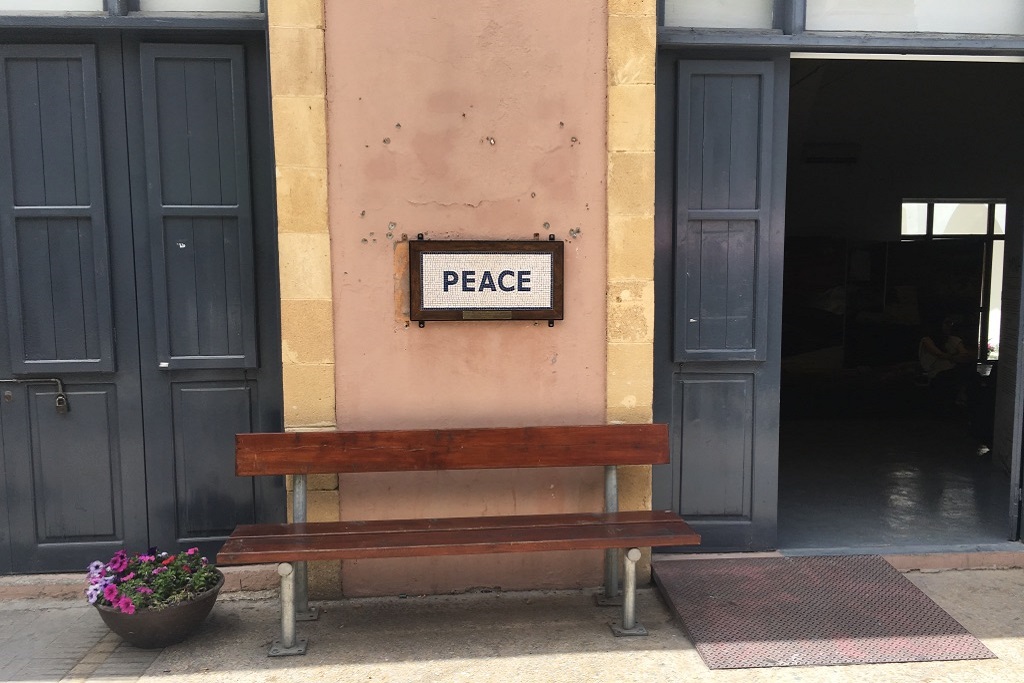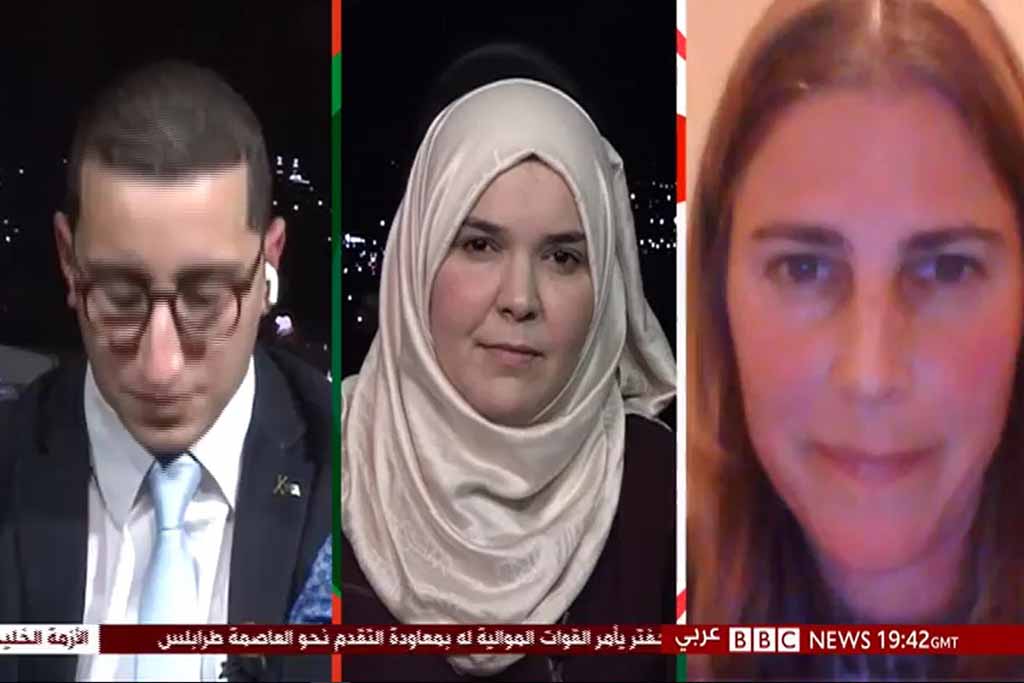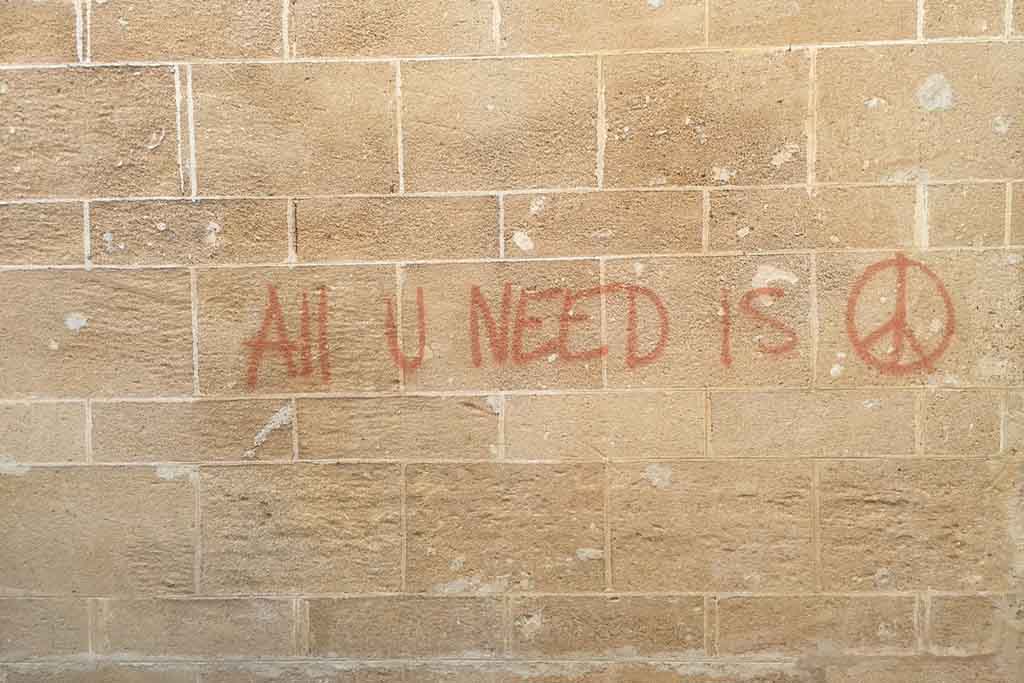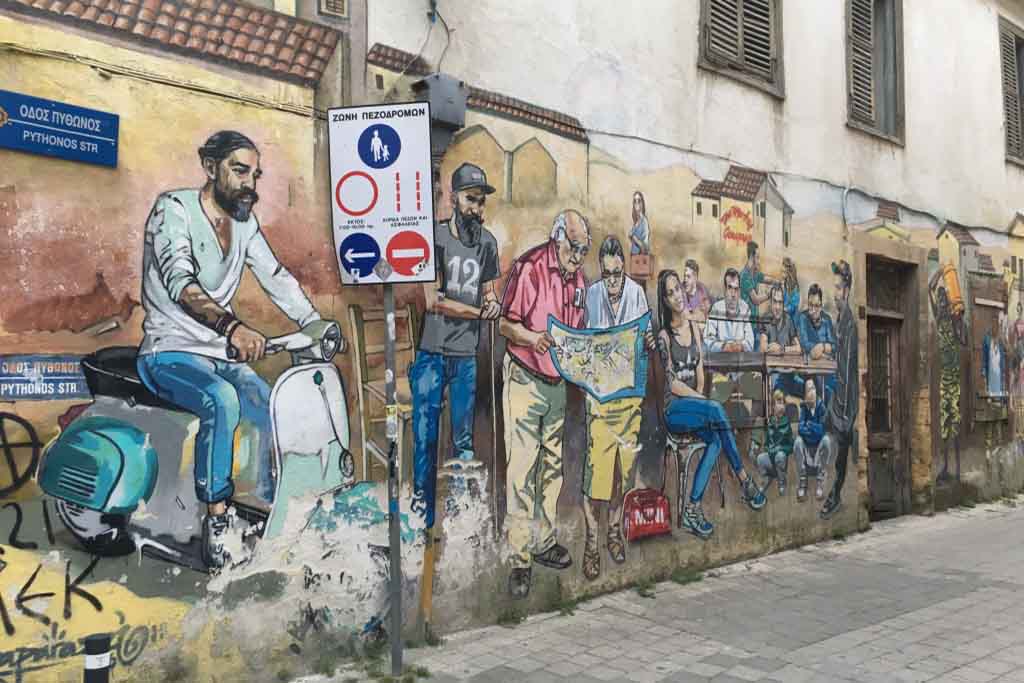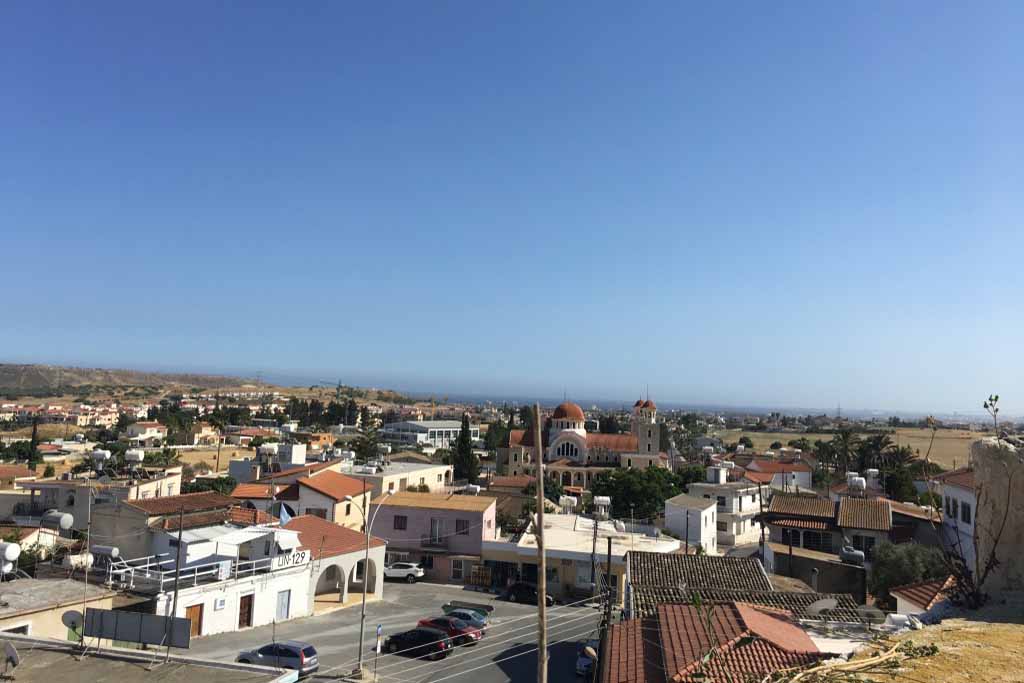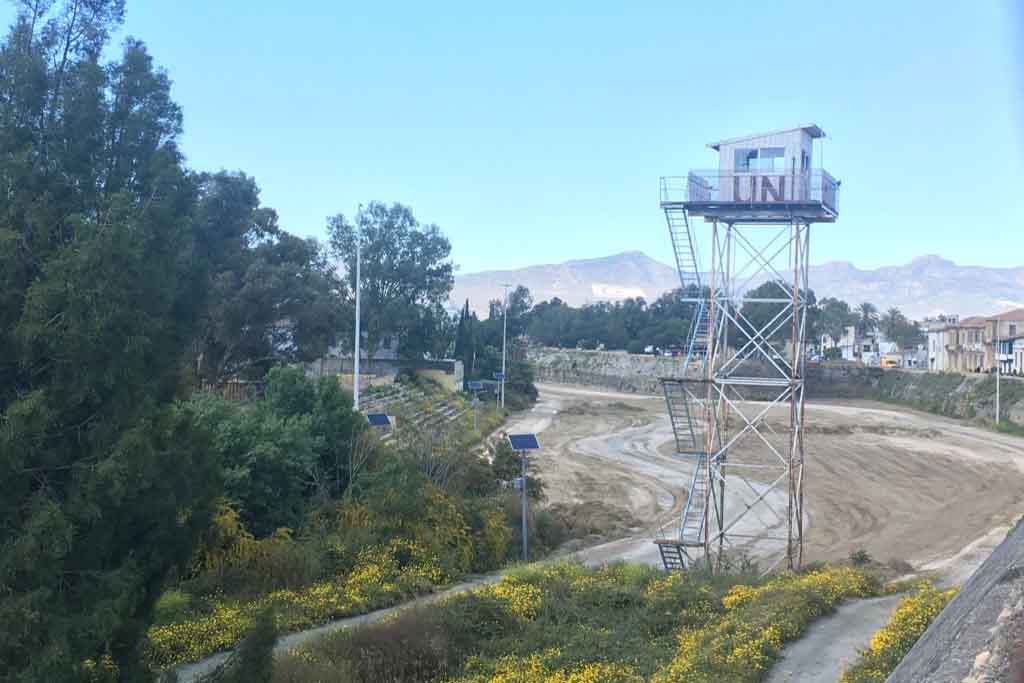
Youth, Violence and Conflict Transformation: Exploring mobilization into violence and the role of youth in peacebuilding
Funder
The Allan & Nesta Ferguson Charitable Trust

Value
£200,000
PI and Project Team members
Dr. Michaelina Jakala (Principle Investigator), Dr. Elly Harrowell (Co-Investigator), Ms. Laura Payne (Co-Investigator), Dr. Bahar Baser (Researcher), Dr. Jessica Northey (Researcher), Dr. Michaelina Jakala (Researcher), Dr. Adam Baird (Researcher), Dr. Rana Aytug (Researcher), Dr. Cihan Dizdaroglu (Marie Curie Fellow/Contributor)
Project partners
Dr. Egoitz Gago Anton (Pontificia Universidad Javeriana, Colombia)
Shivan Fazil (Researcher, SIPRI, Sweden)
Dr. Nadjoua Bouzourine (Director of the Research Centre on public policies and development challenges in the Maghreb Region, at the National School of Political Science, Ecole Nationale Supérieure des Sciences Politiques, Algiers, Algeria)
Dr Adel Chiheb (Faculty of Humanities, University of Jijel, Algeria)
Fondacija Krila Nade (Wings of Hope)
Duration
October 2018 - October 2023
Project overview
Alarm caused by the burgeoning global youth population and young people’s potential roles in causing or sustaining conflict have been well documented, whilst their contribution to building peace is often overlooked. Young people often present a combative or destabilising force within post-conflict communities, but they also work on the frontlines of peacebuilding, contributing to the rebuilding of civil society and the local economy. Their lack of political representation and their marginalisation from decision-making in many conflict-affected societies explains why these positive contributions go unrecognised. The disparities that young face in accessing economic, political and socio-cultural resources explains why the impact of youth peacebuilding activity is sometimes limited. Many young people also experience a ‘double’ marginalisation because of their gender, disability, religion or ethnic status, yet current literature and programming often fails to take account of this in seeking to understand barriers to youth participation.
Recognising that international actors are increasingly aware of the need to include young people more substantively in shaping society, this project currently addresses the question of how the peacebuilding sector might be enabled to fully integrate young people into activities geared towards political change and positive peace. This project therefore looks at how we can ensure that young people’s voices are listened to and acted upon in societies where youth marginalisation has previously been a factor facilitating their mobilisation into violence, and the responsibilities that are placed on others to create spaces for youth participation.
Project objectives
- Youth participation in shaping the post-conflict environment
- The youth to adult transition in conflict-affected societies
- Youth, religion and the prevention of violent conflict in fragile contexts
The above objectives will be covered through a case study based approach as well as fieldwork research to include in-country workshop/conferences and will focus on five conflict-affected contexts of Afghanistan, Colombia, Kurdistan Region of Iraq, Algeria and Bosnia-Herzegovina. These five case studies will allow this work stream to study the nexus amongst youth, violence and conflict transformation in a comparative way.
The research process in each location will be supported by organising workshop/conference type of events in the second part of the project, bringing together a range stakeholders working on youth focused conflict prevention and peacebuilding programmes. These will be in collaboration with a local youth-focused partner. Around 30 people will attend events in each location, which will form an important conduit to learn from key stakeholders, disseminate research findings and generate impact.
The work stream will disseminate its findings though academic publications, policy-oriented reports and op-eds. The work stream will also include the development of impact tools, including freely accessible online resources such as toolkits, handbooks, and audio-visual resources.
Impact statement
Overall, the aim is to enable a wide range of academic and non-academic impact and engage with different audiences and research partners such as civil society organisations, youth groups, universities, think tanks, national authorities and international organisations. The agency of the youth and its integration in the implementation of different aspects of this project will form one of the main impact pathways.
